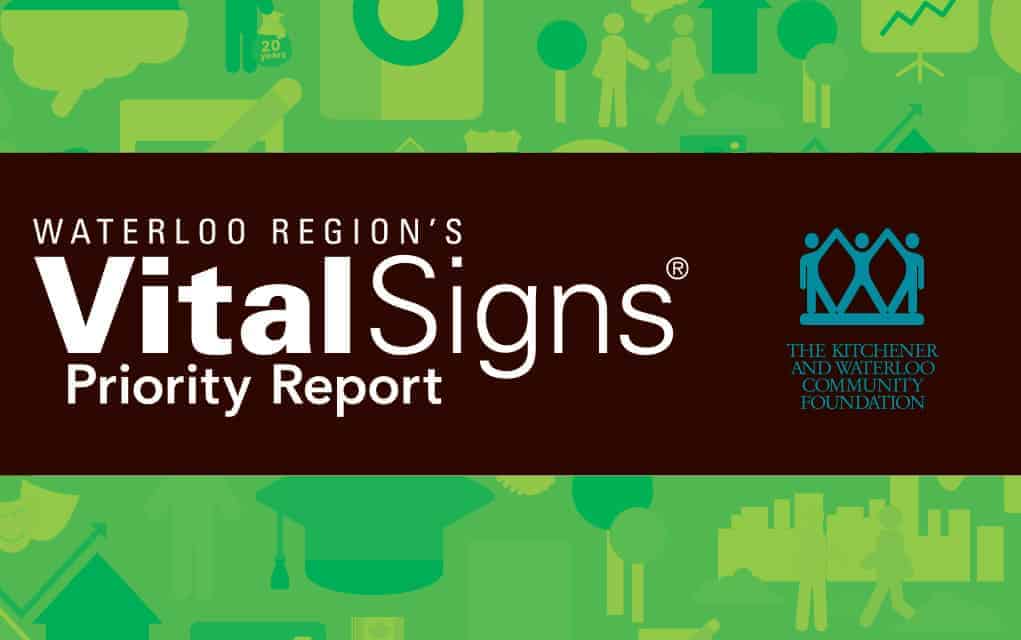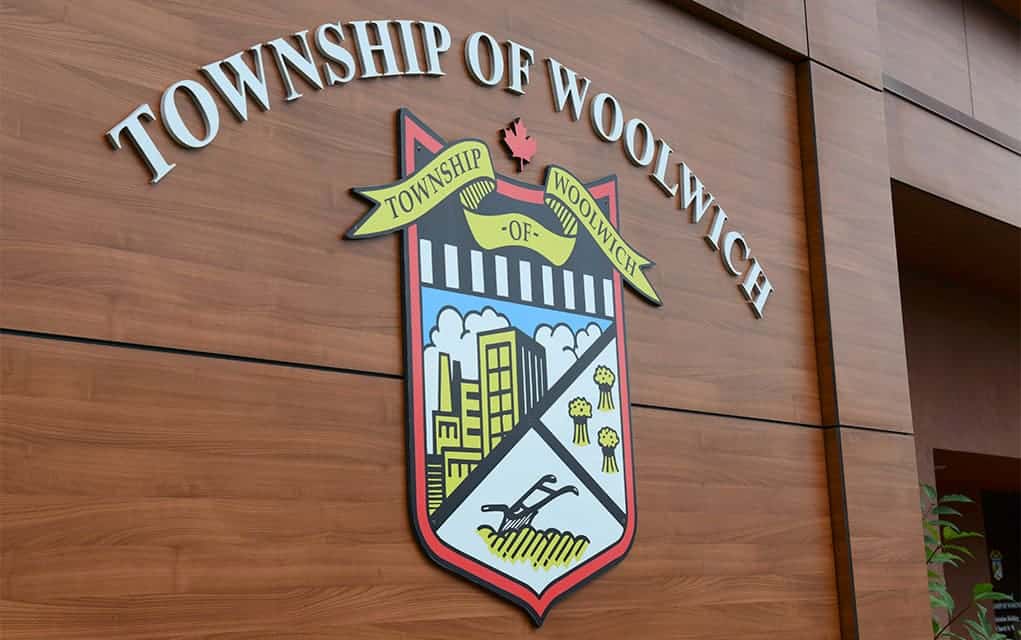Waterloo Region has taken a trip to the doctor with a recent checkup from Kitchener-Waterloo Community Foundation.
With their Waterloo Region’s Vital Signs report, the foundation has compiled a document outlining a close-up look at the different communities within the region, including those in Woolwich Township where residents want better access to services.
KWCF executive director Rosemary Smith says this most recent of reports released by the community-minded organization looks at 11 different facets of life in the region.
“The last big one we did was in 2013, and that lets us determine what the priorities are for the community moving forward,” she said ahead of the Oct. 12 report release. “At that time, the big priority pushing us was the idea of belonging and leadership. Three other main priorities are arts and culture, getting starts both in life and in Canada and health and wellness.”
While compiling this year’s report, Smith says it was easy to get residents of Woolwich Township to answer the questions, but difficult to find a large number of respondents.
“It is not difficult to get people to participate in Woolwich, but it is difficult to disaggregate,” she said. “We don’t often get enough participation.”
She says that most of the responses in Woolwich showed that issues around accessing services in the township were at the front of people’s minds.
“What we hear, and this is anecdotal, is that getting to programming is difficult. It we look at it from a belonging perspective, most of the programming that is provided in the region isn’t necessarily in the townships. We are taking all of that into account.”
There is currently a program running in Elmira that is the brainchild of Woolwich residents and the KWCF that came together after the 2013 report.
“It is called Go Girls. That was in response to the belonging work that we did. We put a call out to Woolwich to ask how we could improve the belonging in the community and this was the suggestion,” said Smith. “We are only one year into it, but I have to say, the feedback has been very exciting. We are making a difference at a grassroots level.”
The program invites young girls in the region to come together, discuss current events, issues that are affecting their generation and more.
“Early indicators are very positive,” said Smith. “They love the program because they feel that they are part of something bigger and that they aren’t being left out.”
On a more regional level, Smith says there were a few numbers in the Vital Signs report that surprised her.
“This was a stunner for me and I can’t wrap my head around it, but Kitchener-Waterloo and Cambridge tax filers, only one in four donate to charity. It is actually a little bit less,” said Smith. “Our giving rates are down 22 per cent from 1997 to 2013.”
There has also been an 11 per cent decrease in volunteerism within the region, further straining community organizations when it comes to recruiting those who can help.
“There are lots of stats in here and we hope that people will read it, take a moment to think to themselves why that is the case, but more importantly, ask themselves, ‘do I feel that I can make a difference in a small way by stepping up or doing something?’” said Smith.
Waterloo Region’s Vital Signs report was officially released on Wednesday morning, and is available to read at www.kwcf.ca/vital_signs. Previous reports are also available.









